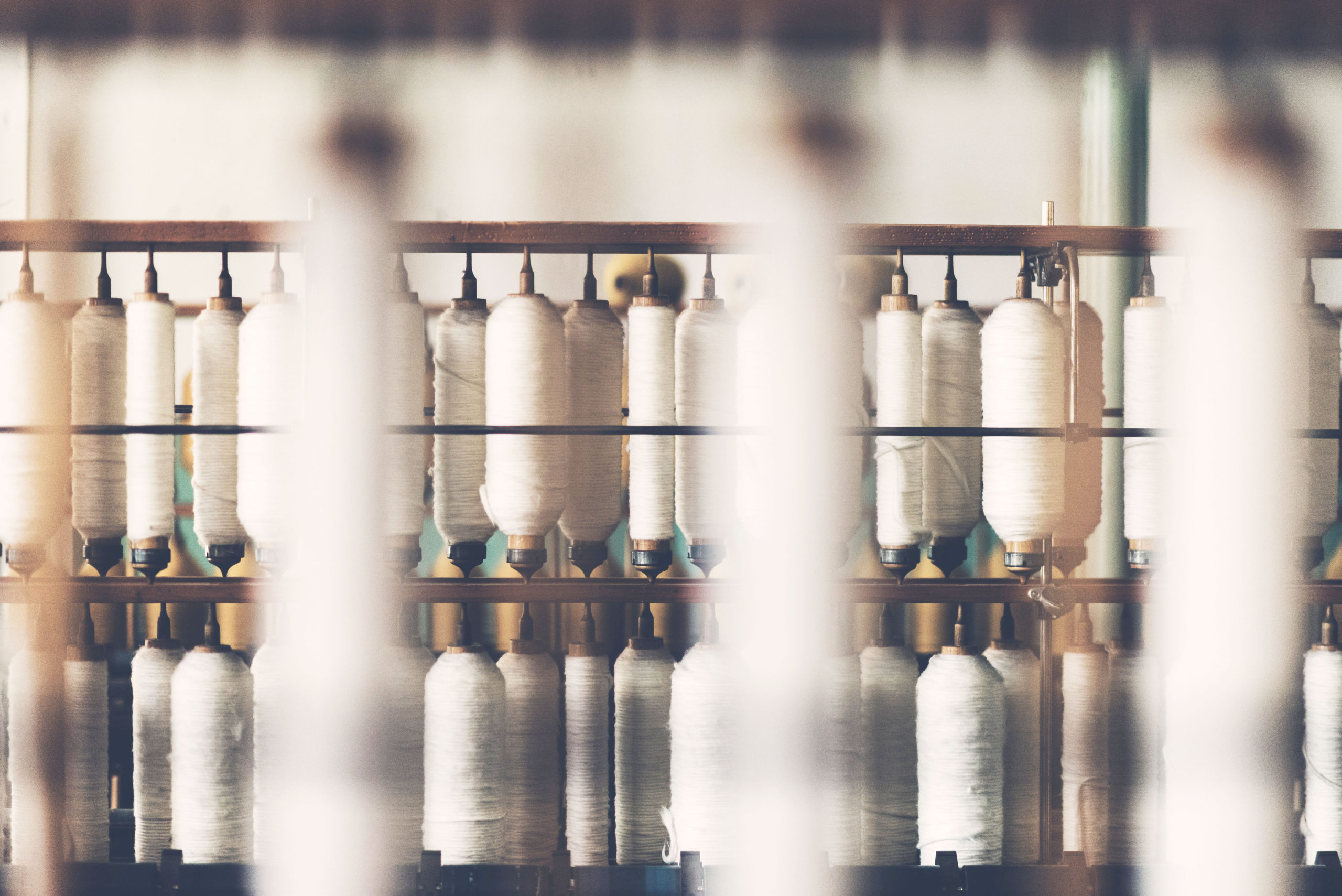Responsible design is essential for the future of the fashion sector. Not only is it the driving force of the new sustainable fashion industry but it is also capable of transmitting the cultural and ethical values behind each brand or product. But can design be sustainable and environmentally useful? How do you start designing from the premise of sustainability? Are you aware of the economic, social and environmental impact of your work? What are the key points to trigger change? Keep reading to discover the 10 commandments of the responsible fashion designer.
We’re all responsible, honest design is up to you.
I speak from experience when I say that our decisions as designers have a knock-on effect on the ecosystem. All those responsible for the fashion industry, especially those who have a direct relationship with the product, must assume their responsibilities, understand the impact of each production chain and start their professional path towards sustainable transformation. Designers play a key role in the transition to sustainability, as their decisions affect the entire value chain and determine the environmental and social performance of a product. In this regard, designers must overcome two challenges. One is the lack of awareness of their influence on the environmental and social footprint, which goes hand in hand with the lack of tools to assess their impact. The other is to overcome the tendency of many brands to “design to cost,” allowing the immediate costs of textile materials and processes to drive design choices.
Designers must take into account the entire life cycle of the product and try to minimize the negative impact throughout its life cycle, without undermining the quality of the product or service. In order to achieve this, environmental, social and economic criteria are added to the conventional criteria of any design process. In other words, a good responsible designer must take into account each and every one of the variables involved in the design process and manage them in a way that stays within the limits of ecological sustainability, using the most appropriate resources for an object and its function and not just to satisfy the demands of the market. This includes the manufacturing, transport, distribution, packaging, use, repair, recycling and reuse processes.
Responsible designers aim to design from the principle of sustainability, not just environmentally, but also economically and socially, without compromising the end use and aesthetics of the product. Being a conscious designer implies an ethical commitment to a set of values, and this commitment starts with oneself. Carrying out an environmentally committed, ethical and responsible design will not only mitigate the environmental and social impact, but will also strengthen the relationships with our customers, suppliers and collaborators.
Being a conscious designer implies an ethical commitment to a set of values, and this commitment starts with oneself.
What are the 10 commandments of responsible designers? Here are 10 steps to move towards sustainability through awareness and commitment. Take note!
- Value remains: Think less is more and design products that are built to last.
- New consumers demand transparency: See conscious consumption as an opportunity for change.
- Think beyond organic cotton: Focus your industrial sourcing on long-term sustainable materials and processes.
- Resources are limited: Combat the overuse of resources by choosing environmentally responsible processes and materials.
- Zero waste chains are the new norm: Opt for a production system based on circularity.
- Put a stop to design to cost: The aesthetics, quality and ethics of a product are always the starting point.
- Lead change: Invest time seeking R&D alternatives
- We’re all human: Work with respectful teams that adhere to universal human rights.
- Know yourself, rate yourself and improve: Measure the impact of your decisions with data. Not sure how? We can help you!
- Knowledge is power: Educate yourself. You can only make responsible decisions and implement solutions that accelerate the transition to sustainability with the right knowledge. Need more information? BCOME’s training program provides a global vision of sustainability, and provides knowledge of development and processes in the textile and footwear value chain, as well as its environmental, social, economic and ethical implications.
The future of fashion design requires rethinking the way products are produced, but also rethinking the system they are part of, which implies a change of culture in every sense. Take on the challenge with a sense of curiosity, inspiration and reflection. Remember, working ethically and responsibly or not is a daily personal choice, it’s up to you to start your transformation and BCOME wants to help you. Want to know how? Contact us!








